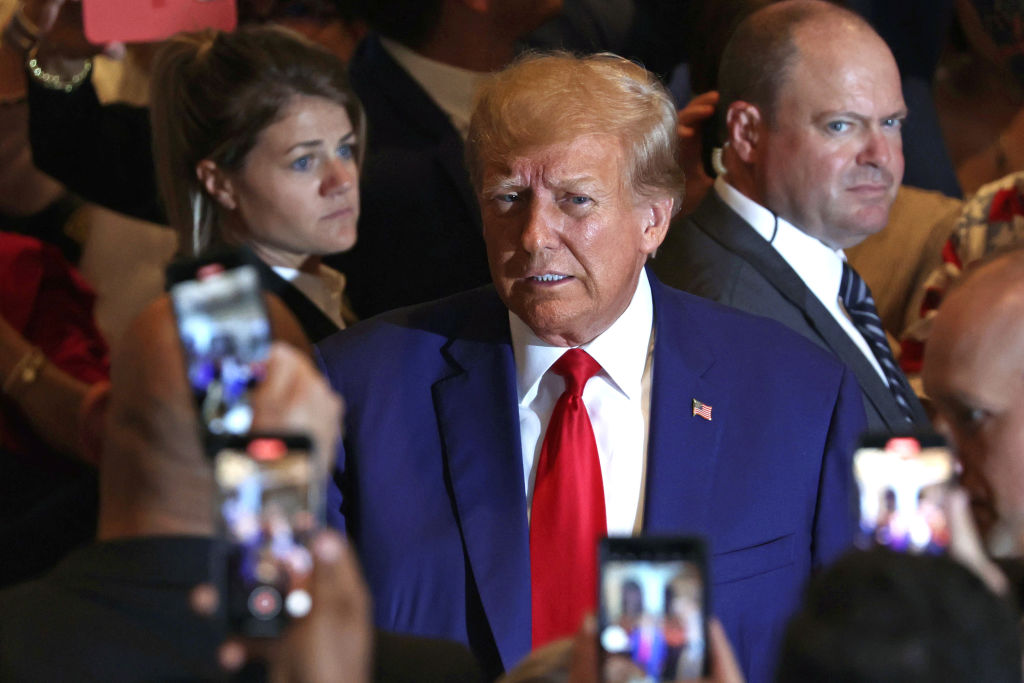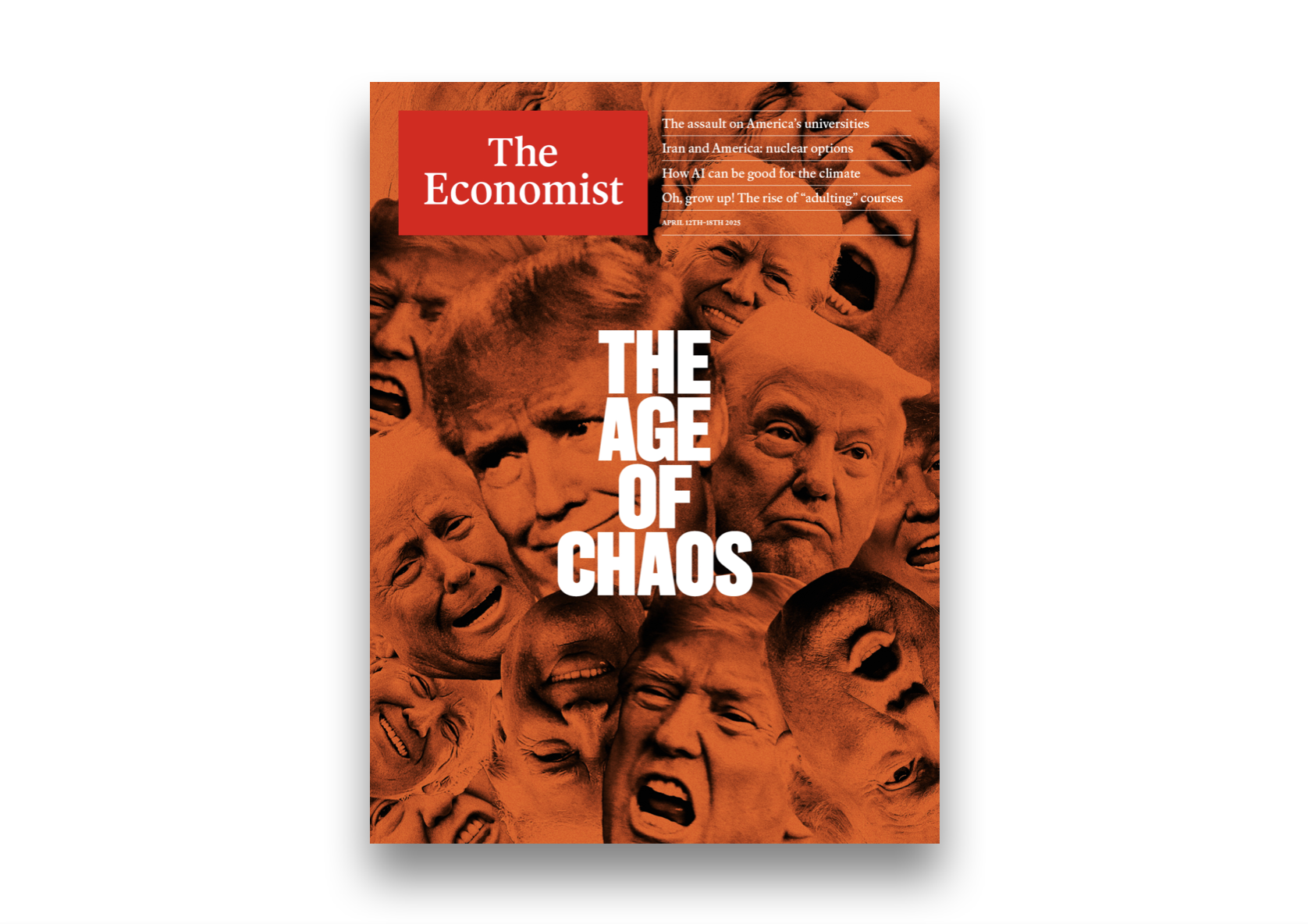Donald Trump is the first president in history to be indicted for federal crimes, in this case thirty-seven counts that center on his taking of highly classified materials from the White House to Mar-a-Lago in January 2021. The charges also implicate the former president and a close aide, Waltine Nauta, in a conspiracy to hide the documents in whole or in part from the National Archives, the Department of Justice and his own legal team — and making false statements along those same lines.
Hundreds of documents are of concern, classified at the highest levels with origins at the CIA, NSA and elsewhere in the intelligence community. While leaks and speculation prior to the unsealing of the indictment suggested this was a routine Espionage Act case — i.e., you have possession of some classified documents and thus must be guilty — the indictment lays out a damning parallel set of evidence for obstruction, including a suggestion that Trump was prepared to have his lawyers shred some of the offending documents.
Though Joe Biden’s handling of classified materials remains an active investigation, Mike Pence was recently absolved of any criminal intent in his own mishandling of secret paper. Many people believe the same result will come of the Biden case. So what makes Trump’s case so materially different that Special Counsel Jack Smith is prepared to throw the book at him and Nauta?
The key seems to be the egregiousness of Trump’s actions coupled with his attempt to cover them up. Lawyers call it an “aggravating factor,” making clear the charged actions were not accidental. It looks like they may have it.
The indictment shows in great detail efforts Trump made to conceal the documents from NARA, the DoJ and from members of his own legal team. Dozens of boxes containing mementos and paperwork from his administration were assembled by Trump over his four years in the White House. These included, all mixed together, everything from newspaper clippings to notes from Kim Jong-un to highly secretive war plans aimed at Iran. These boxes were transported to Mar-a-Lago by commercial means, itself a violation of numerous security regulations.
Within Mar-a-Lago, the documents were not always kept under lock and key. At one point boxes were being piled on the stage in one of the ballrooms — a photo of this is included with the indictment; another shows boxes spilling classified documents onto the floor of a storage room and a third shows the boxes in a shower room.
There is evidence to suggest Trump instructed his staff to better hide some of the documents from his own lawyers when they undertook a search in response to a NARA subpoena, and then again ahead of the FBI search of Mar-a-Lago. This may have led to Trump losing two lawyers just hours after being indicted, as Jim Trusty and John Rowley announced they had resigned.
Further under the heading of egregiousness, the indictment suggests a tape recording exists of one of at least two instances where Trump showed off the documents to people without security clearances. In the tape Trump admits the document at hand is classified; in a schoolboy-like way he says he should not be showing it to a writer, a publisher and two Trump staffers. Trump acknowledging that he knew a document in his possession was still classified stands at odds with his public claims that he had declassified all the materials he took and likely removes this defense strategy from the upcoming trial.
The indictment further claims Trump obstructed the investigation into his handling of classified materials in a number of ways: suggesting his attorneys to claim he did not have the documents subpoenaed; directing his aide Nauta to move boxes to conceal them from his own lawyers, and then from the FBI/DoJ, and then from the grand jury; suggesting his lawyer destroy some of the documents; claiming he was cooperating fully when he was actively concealing documents from disclosure, and submitting a false certification that all requested document had been submitted. Nauta is listed as a co-conspirator on most of those allegations, with phone records and internal surveillance tapes connecting statements made and actions taken by the two men.
Trump also appears to have used the boxes moving like a shell game to hide information from Christina Bobb, who was serving as the formal custodian of records. The indictment makes clear she did not know the statements in her attestation that everything had been turned over to the DoJ were false, and she has not been charged.
The indictment also claims Trump helped to pack boxes at the White House, which rebuts a common defense in these sorts of cases — that the retention of documents was a clerical error by staff and not intentional.
While understanding the contents of the indictment give only one side of the story, and that Trump will defend himself when the case comes to trial (likely in the spring), the evidence available seems significant. Trump clearly possessed classified documents outside proper storage areas, and “injury to the United States,” a requirement of the law, should be fairly easy to prove given the dramatic nature of some of the documents and the casual manner in which Trump handled them, such as showing off war plans to a writer and publisher. This part of the case follows standard lines in an Espionage Act prosecution. Trump’s actions appear to go well beyond anything Mike Pence did with his classified or anything that Biden has so far been accused of.
However, it is the charges of obstruction which are most significant in this case. One of the key elements of obstruction is proving a state of guilty mind — mens rea — and that will be the crux of the actual prosecution based on the Mar-a-Lago documents. What was Trump thinking at the time? Did he have specific intent to obstruct an investigation? A jury might find Trump’s actions alone speak to intent: his active attempts to hide physical boxes of documents from first his lawyers and then investigators, for example.
But the joker in the deck is Waltine Nauta, Trump’s close aide who is charged alongside Trump on the obstruction and lying allegations. Nauta faces potentially decades in jail, serious time. It appears his being charged may be an attempt to get him to testify directly to Trump’s intent and state of mind, by recalling actual instructions and conversations. If Nauta accepts some sort of plea deal in return for such testimony, it is hard to see a jury letting Donald Trump off. Where things go after that, politics-wise, is anybody’s guess at this early stage.

























